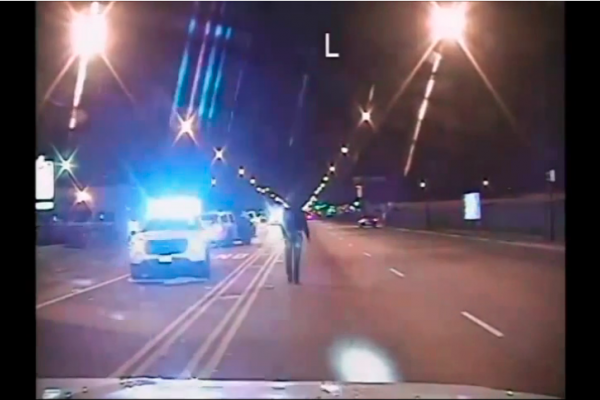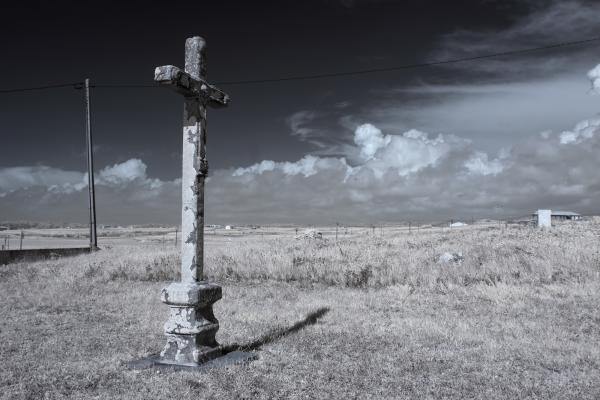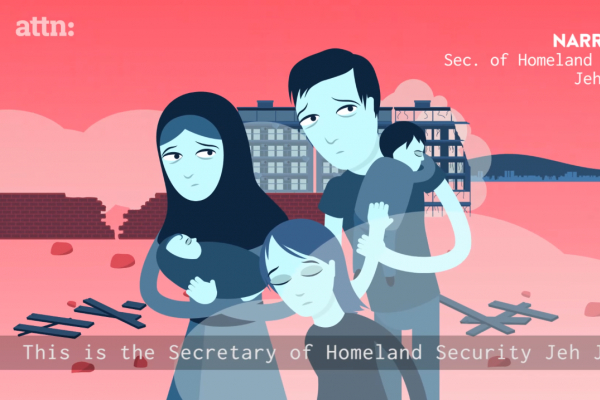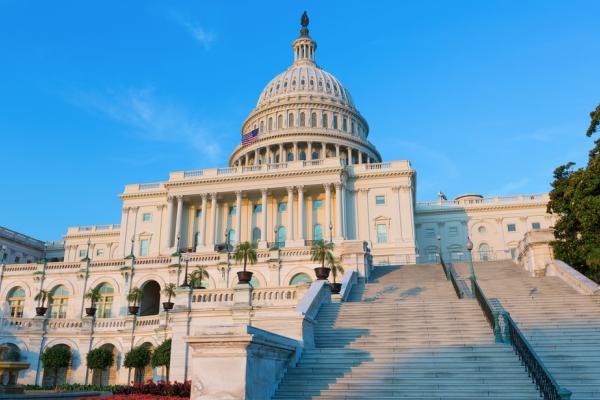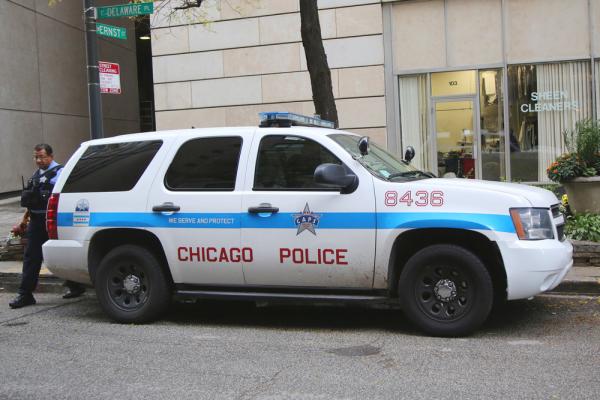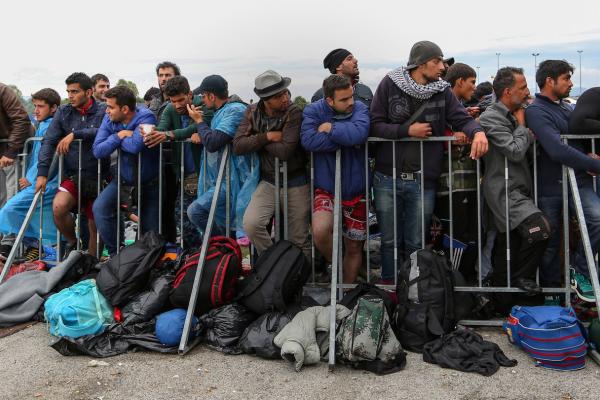An 80s song told us “video killed the radio star.” The music was catchy and referred to the varied attitudes we all had about technology. What is this? What would we do now? Fast-forward 35 years, and videos are the very technology for which we are so thankful.
Video changes everything.
When the Chicago Police Department released the dash-cam video of 17-year-old Laquan McDonald being shot 16 times by one of their own, the city braced for disruption. When we learned of the $5 million settlement to the McDonald family that stipulated the video remain confidential, the city braced for disruption. When residents discovered that footage from a nearby security camera had been deleted by Chicago police, the city braced for disruption. Mayor Emanuel and his team had seen the video, and were afraid of the public reaction.
The clerk in Kentucky is still trying to avoid doing her job while arguing that religion means never having to sacrifice or compromise in any way. The war-on-Christmas crowd is still passing around that story about a red coffee cup lacking snowflakes. Those who believe in an eye-for-an-eye are cheering as bombs fall in the Middle East in response to another horrific terrorist attack. Many Christians are still ignoring the calls for justice coming from the streets of Chicago, Minneapolis, and cities all across the land.
Don’t you want to throw up your hands sometimes? Or maybe just throw up?
Thanksgiving and football—a hallowed American tradition. But according to Concussion, a new documentary by Sony Pictures, potatoes aren’t the only thing getting mashed this holiday.
Concussion chronicles the battle between Dr. Bennet Omalu, a scientist working to expose the dangers of concussion, and the NFL’s powerful attempts to discredit Omalu’s research. When it comes to silencing its critics, wrote Danny Duncan Collum in “America’s Blood Sport” (Sojourners, December 2015), “the NFL may have even more power than Big Tobacco.”
“Taking in refugees at a time of crisis is simply the right thing to do.”
These words from Jeh Johnson, the United States Secretary of Homeland Security, are spoken in a recent video released by the new-media news source ATTN: on Nov. 24. Through simple, yet powerful, illustrations, the video debunks the myths of refugee resettlement in the United States, with specific attention to the Syrian refugee crisis.
After what is being described as "a group of white supremacists" opened fire on protesters near a Black Lives Matter camp in Minneapolis, leaving five wounded, local police are still trying to identify the shooters. On Nov. 24, police took three white men into custody, two of which turned themselves in voluntarily. A fourth suspect was also released, after investigators found the man was not present at the scene of the shooting.
What do you do when you want to balance the budget and don't know how to compromise? Well, if you're Congress, you raid $1.5 billion from a fund set up specifically for crime victims and hope no one notices.
The Victims of Crime Act fund, set up by Congress in 1984, is distributed to states to support local domestic violence shelters, rape crisis centers, and a variety of victim assistance programs for survivors of trauma and crime. The thing is, this is a self-sufficient federal fund — meaning that it doesn't come from taxpayer money but rather the fines and penalties imposed on criminals and offenders.
After more than a year, and an eventual judge order, Chicago police today released a dashcam video showing officer Jason Van Dyke shooting 17-year-old Laquan McDonald 16 times. Police released the video the same day Van Dyke was indicted on first-degree murder charges. He is being held without bail.
As October quickly turned to November, jack-o-lanterns and costumes were replaced by Christmas carols and Internet outrage over holiday cups. Every year we go from Halloween to Christmas with little space carved out for Thanksgiving.
There is no question that Thanksgiving is my favorite holiday. Many times I have remarked that Thanksgiving is one of the greatest days of the year, that I cannot wait to go home, that Christmas needs to wait until December. Come every November, I begin my internal countdown, growing more excited each day closer to this holy holiday.
We often reserve the word “holy” for holidays such as Christmas and Easter, but for a multi-faith family such as my own, a holiday grounded in something more substantial than – let’s say trees for Arbor Day – while still allowing everyone to come with their own religious identity is not only a privilege, but a gift.
Officer Jason Van Dyke has been charged with first-degree murder, one year after the shooting and killing of Laquan McDonald, 17, in October of 2014.
This is the first time a Chicago police officer has been charged with first-degree murder for an on-duty fatality in nearly 35 years, according to The Chicago Tribune.
God’s been telling the story of restoration since Genesis when we were created selem Elohim, in the image of God. We were created into perfect communion with God. From Genesis 3 until the end of the Old Testament, we see a narrative of a people in exile and God giving opportunities for reconciliation and restoration of relationship that humanity is incapable of accepting. Reconciliation is an exchange of something worthless (our condition of sin) for something immeasurably worthy (communion with God).
In the New Testament we see a biblical narrative through Jesus of now-but-not-yet restoration. In Jesus we see the coming of the Kingdom of God and get to be reconciled back to God. We even get a glimpse of an eternity where there is no more death or mourning or crying or pain.
If we truly believe we are the image of God, it changes how we approach the image of God in the world. Our call then is to actively partner with God in taking the world somewhere.
